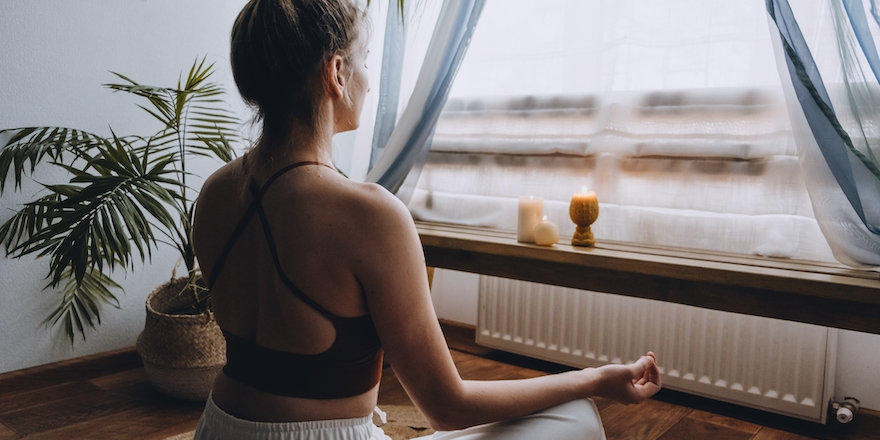Looking Out for Number One: How to Practice Self-Care During Mid-Terms and Finals
Vancouver Island University shares tips and tricks on how to take care of yourself during finals.

It’s finals time, and that means most of your day is spent studying for exams. It can be easy to get lost in your studying, but you need to remember to take breaks for your mental and physical health. Vancouver Island University wants to share some tips for how you can take care of yourself during this stressful time.
Staying healthy during stressful times
Maintaining a healthy relationship with yourself is key to academic success and to your ability to support others. Neglecting personal care elevates anxiety, inattentiveness, frustration and could lead to burnout. When self-care starts to become equivalent to doing a chore, rather than a mental nudge to be grateful, it’s a sign that something needs to change in your life.
Self-care includes of taking charge of your well-being in eight essential dimensions – physical, psychological, emotional, social, professional, environmental, spiritual, and financial. Don’t aim for perfection, just begin. You can do this. You deserve this. Let go of the common misconception that self-care is a self-indulgence or selfishness. Self-care is about taking care of yourself so you can be healthy to accomplish whatever it is you want to accomplish in a day. Here are some daily self-care items and activities to get you started.
Enjoy a hot beverage to start your day
Sip a Starbucks coffee or grab a coffee/hot chocolate mix from the cafeteria. Energize your mornings with a hot cup of joe and help yourself feel less tired and more alert. Caffeine can improve your mood and brain function. Add in a chocolate croissant or pastry treat if you want!
Take a hot shower every night before bed
Relax your tight muscles in a steamy shower as water gushes through the shower head and hits your body. Revel in a lathering fragrant soap and enjoy the moment.
Listen to music or watch a movie
Listen to the beat hit the speakers as you dance the night away in your living room or curl up in a fuzzy blanket around the fireplace to watch a Netflix movie, television show or documentary. Putting aside your studies for an hour can help refresh your brain and increase your energy, productivity and ability to focus.
Practice gratitude
Write down a list of 10 things you’re thankful for. It’s easy to get lost in our everyday routines and forget the little things we’re grateful for. Don’t take anything for granted. Spark your own gratitude to help keep a positive disposition every day.
Take care of your skin
Keep your skin glowing. Healthy habits in your 20s and 30s can strengthen and prepare your skin for the effects of aging down the road. An effective routine can help prevent acne, treat wrinkles, and keep your skin looking its best.
Make healthy food choices
Make sure to nourish your body with a variety of foods from all the food groups. A healthy diet throughout life supports normal growth, development and healthy aging, helps to maintain a healthy body weight, and reduces the risk of chronic disease, leading to overall health and well-being.
Get out in nature
Go to the beach and breathe in some fresh ocean air. Get outdoors and explore beautiful British Columbia! Sometimes, all you need is some light, breezy tides rippling across the seashore to calm your nerves. Meditate and take some time for yourself for half an hour. You’ll get it all done eventually.
Plan out your day
Create a tentative time schedule for each day to help keep you on track. Having a schedule guides you in determining what your priorities are so that you can spend the right time on the right tasks. It also reminds you of any forthcoming deadlines. Knowing this, you can block out sufficient time to meet them.
Catch some Z’s
Get enough sleep because there is only so much you can learn with an overtired brain!
Move your body
Go to the gym to stay healthy and active. Going to the gym every day can strengthen your muscles, help you maintain your weight and boost your mental health.
Get a massage
Reduce stress and increase relaxation. Reduce pain, muscle soreness and tension. Improve circulation, energy, and alertness.
Be kind to yourself
Self-care is about practicing self-compassion – the practice of being forgiving toward ourselves and tolerant of our mistakes, rather than being harshly self-critical.
Remember that school is not everything. You need to take care of yourself as well!
Learn more about Vancouver Island University
